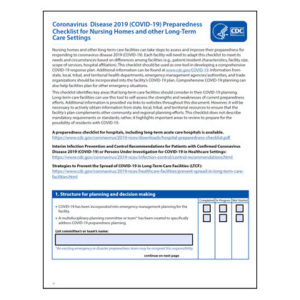National registry tracks joint replacements post-surgery
A national database will help surgeons and rehab professionals learn which joint replacement products and procedures have the most success. The first data emerged last week from the American Joint Replacement Registry (AJRR), the first national registry dedicated to joint implants and their related medical procedures.
The registry tracks artificial joint devices by manufacturer and lot number, and gathers basic patient demographics such as gender and age. Hospitals and device vendors both recognize the value of monitoring joint replacements post-surgery, because faulty devices can be extremely costly to repair or replace.
As of October, the registry includes close to 400 hospitals and more than 80,000 procedures. The American Academy of Orthopaedic Surgeons, which maintains the AJRR, hopes eventually to account for most of the knee and hip replacements across the country.
As the registry expands, it has the potential to shed light on best practices in both skilled nursing and rehabilitation sectors of long-term care. In May, the Centers for Medicare & Medicaid Services designated the AJRR as an approved qualified clinical data registry. As such, physicians can report on quality measures to earn reimbursement incentives, and those who have undergone joint replacement surgery are encouraged to participate in the data-gathering process on treatment protocols and device performance, according to the AJRR site.

Pamela Tabar was editor-in-chief of I Advance Senior Care from 2013-2018. She has worked as a writer and editor for healthcare business media since 1998, including as News Editor of Healthcare Informatics. She has a master’s degree in journalism from Kent State University and a master’s degree in English from the University of York, England.
Related Articles
Topics: Clinical , Executive Leadership











